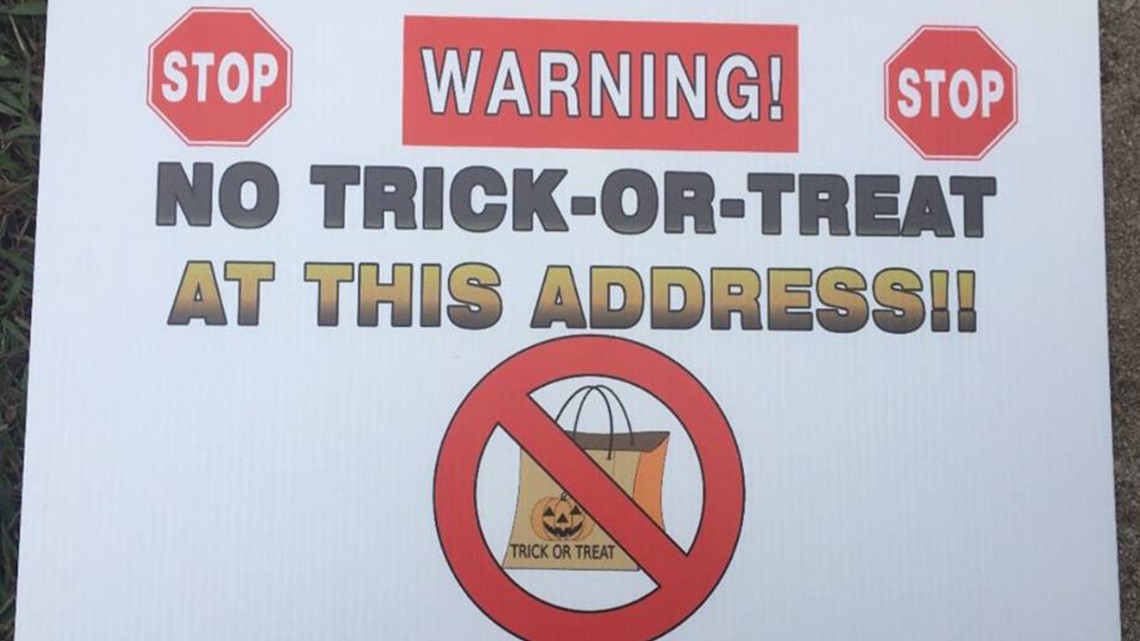The Georgia Supreme on Tuesday, Sept. 10, heard a Catoosa County case in which Jacob Daniel Jones was convicted of sexual battery involving a 15-year-old girl.
JONES V. THE STATE (S19A1248)
A young man who was convicted in Catoosa County of sexual battery for touching the breasts, buttocks, and groin of a 15-year-old girl is appealing his conviction, arguing that Georgia’s sexual battery statute is unconstitutional.
FACTS:
On Aug. 12, 2013, Jacob Daniel Jones, then 18 years old, visited the home of J.S., who was less than 2 months shy of her 16th birthday. J.S. was sitting in her living room with three of her young friends when Jones came to the door. According to briefs filed by the State, J.S. “had no reason to believe that Aug. 12, 2013, would need to be a day she remembered. However, when Mr. Jones showed up, he was going to make it a day for J.S. that would live in infamy.” In a written statement, J.S. said that when she answered the door, Jones, who had not been invited, grabbed her arm and pulled her outside. She said he immediately spun her around and pressed his body against hers. He then grabbed her chest, squeezed her buttocks, and put his hand between her legs. Later at trial, however, J.S. said that when Jones came to the door and asked to speak to J.S., she stepped outside, and the two sat on the porch talking “about friends and such.” When Jones suggested the two have a few minutes alone together, J.S. grew uncomfortable and invited the others to come outside so they could all play basketball. According to the State, “J.S. understood what Mr. Jones wanted from her, but she was clear when it came to Mr. Jones’s advance that they did ‘not need to do that.’” J.S. and Jones, along with her three friends, then went to the end of the yard to play basketball. While walking to the court, Jones was holding his cell phone. Because J.S. did not want Jones taking photos of her, she took Jones’s phone from him and put it down her bra, according to one of her friends, who testified at trial. The friend said that when Jones asked J.S. to give it back, J.S. said, “If you want it, you’ll have to come and get it yourself.” “And he did,” the witness added. Another friend, however, testified that J.S. had put her iPod down her shirt, not Jones’s phone, and the witness said he had no recollection of her tempting Jones to “come and get it.” He said he did see Jones touch J.S. in “the uppertory part of her body,” touching J.S. “in a wrong way.” “While it is true that J.S. was making sexually explicit jokes, did take Mr. Jones’s phone, and did hug Mr. Jones, these actions did not provide Mr. Jones permission to unleash his concupiscent desires,” the State has written in the Facts section of its brief. “J.S., a ‘very huggable person,’ gave Mr. Jones a hug and in response Mr. Jones moved his hands from a consensual hug to her ‘crotch area’ over her clothing, to her ‘behind’ and then put his hands on her ‘chest, boob area,’ all the while stating, ‘if I wanted to, I could get you there too.’” J.S. eventually told her father what had happened.
In November 2013, a Catoosa County grand jury indicted Jones for three counts of Sexual Battery Against a Child Under 16, charging him with making intentional physical contact with the intimate parts of J.S., a child under the age of 16, without her consent. Jones’s attorney filed a Motion to Quash Indictment as Unconstitutional and Disproportional. Following a hearing, the trial court denied his motion. Jones sought to appeal the trial court’s denial of his motion to the Georgia Supreme Court, but in April 2014, this Court denied his application for a pre-trial appeal. Following a bench trial before Superior Court Judge Ralph Van Pelt, with no jury, the judge returned a verdict of guilty on all three counts. Jones was sentenced to five years and is currently in prison. Jones now appeals to the state Supreme Court.
ARGUMENTS:
Jones’s attorneys argue his convictions and sentence should be reversed because the state’s sexual battery statute violates his constitutional rights to due process, equal protection, and freedom from cruel and unusual punishment. “Because Mr. Jones faces five years’ imprisonment and lifetime registration as a sexual offender for touching J.S., yet would only be subject to misdemeanor punishment for having full-fledged sexual intercourse with her, the application of the sexual battery statute in this case violates Mr. Jones’s rights under the Fifth, Sixth, Eighth, and Fourteenth Amendments to the United States Constitution as well as Article I, Section I, Paragraphs I, II, and XVII of the Georgia Constitution of 1983,” Jones’s attorneys argue in briefs. Georgia Code § 16-6-22.1 (b) states that, “A person commits the offense of sexual battery when he or she intentionally makes physical contact with the intimate parts of the body of another person without the consent of that person.” Generally, the punishment for sexual battery is as a misdemeanor. However, if the victim is under the age of 16, the defendant is subject to a prison sentence of one to five years. The statute does not contain a “Romeo and Juliet” provision, reducing punishment based on the relative ages of the victim and offender. A person convicted of felony sexual battery also faces lifetime registration as a sexual offender. In contrast, the statutes governing child molestation and statutory rape contain “Romeo and Juliet” provisions. Both crimes are punishable as misdemeanors where the “victim is at least 14 but less than 16 years of age and the person convicted is 18 years of age or younger and is no more than four years older than the victim.” Furthermore, if convicted of child molestation or statutory rape, the defendant is not required to register as a sex offender. “Based on their ages, Mr. Jones easily could have been charged with misdemeanor child molestation for his alleged conduct,” his attorneys argue. “Instead, Mr. Jones faces five years’ imprisonment and lifetime registration as a sexual offender,” in violation of his constitutional rights. “As applied in this case, the penalty attached to sexual battery is grossly disproportional to the crime.” Furthermore, Jones’s convictions should be reversed because the evidence was insufficient to support the verdict beyond a reasonable doubt, the attorneys contend. At trial, during cross-examination, J.S. conceded that she was afraid her boyfriend would learn about her flirtation with Jones. “In this case, J.S. was untruthful with law enforcement because she feared her jealous and abusive boyfriend would learn that she flirted with Mr. Jones. On direct examination, the State’s own witnesses testified to observing only one instance of touching: J.S. placed a cell phone in her bra and invited Mr. Jones to retrieve it. Mr. Jones retrieved the cell phone, but made no additional physical contact. In that scenario, any touching of J.S. would be deemed incidental to retrieving the phone and consensual. On direct examination, the State’s witnesses admitted that J.S. ‘had asked all of us to lie.’”
The State, represented by the District Attorney’s office, argues that, “The Legislature is presumed to enact legislation with full knowledge of the existing condition of the law, including that of the United States Constitution and Georgia Constitution.” Georgia’s sexual battery statute is narrowly tailored to prohibit the touching of any person without his/her consent, and includes an enhanced punishment when the victim is under the age of 16. “As applied in this case, the legislature protected this victim from exactly the conduct it intended to protect children under the age of 16 from,” the State argues in briefs. “The child, J.S., and Mr. Jones were flirting. The child did consent to the non-sexual contact of a hug, but did not consent to the groping of her breasts, buttock, or vagina.” Furthermore, the enhancement of the punishment under the sexual battery statute when a victim is under the age of 16, while there is a downward deviation for offenders of child molestation who are of similar age to their victims, “speaks to society’s views on protecting minors that are neither factually consenting to the activity and are not of legal age to consent.” Jones’s crime “was not a passive felony,” the State argues. “Competent evidence showed that Mr. Jones did touch the intimate parts of J.S., a child under the age of 16, without her permission.” His convictions should stand because the evidence was sufficient to support the verdict beyond a reasonable doubt. “J.S. is flirtatious, but that is not a sufficient reason for Mr. Jones to inappropriately touch J.S. without her consent,” the State argues. Furthermore, “Mr. Jones affirmed to the trial court at sentencing that his actions were in fact wrong and that he did need to be punished, thus affirming the evidence adduced at trial was sufficient to support the verdict beyond a reasonable doubt.”
Attorneys for Appellant (Jones): Sean Lowe, David Dunn
Attorneys for Appellee (State): Herbert “Buzz” Franklin, District Attorney, Melissa Pittman, Asst. D.A.

















